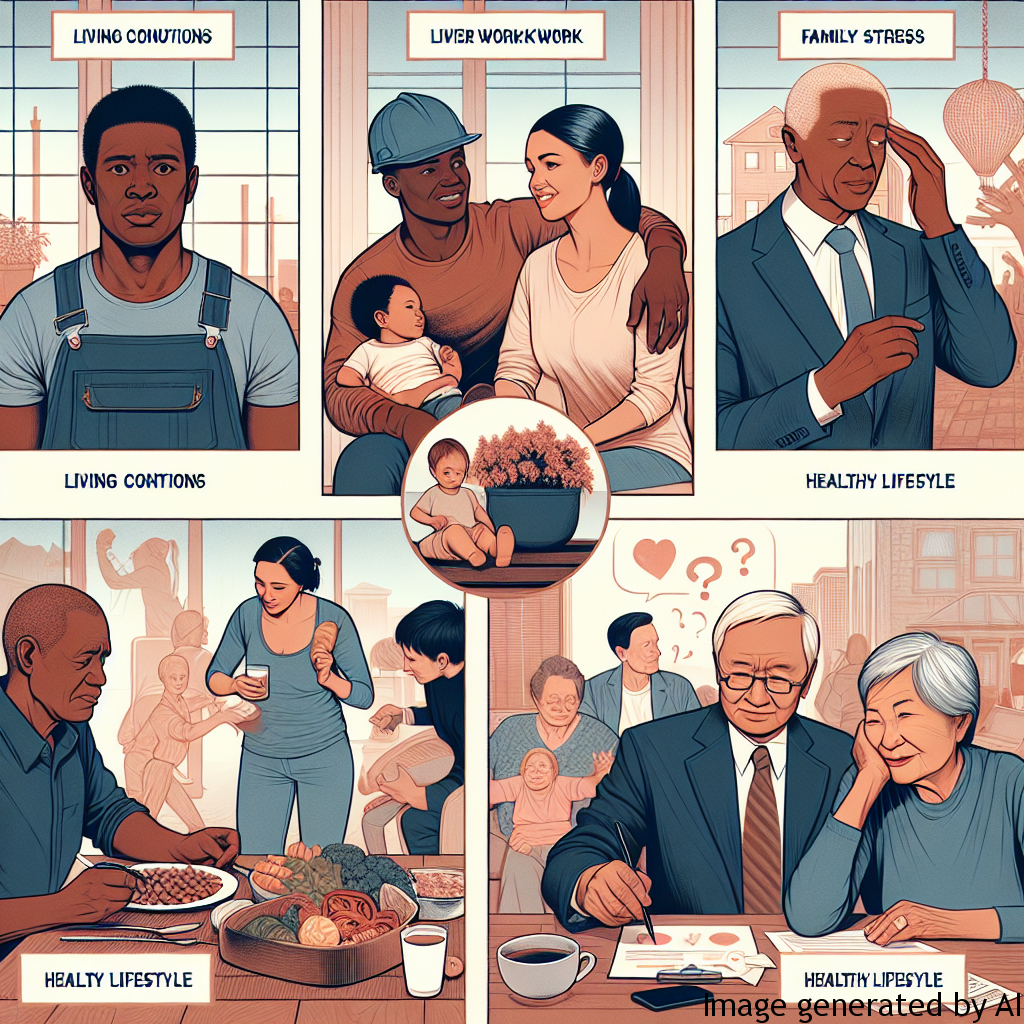Introduction
Libido, also known as sexual desire, can be influenced by a myriad of multiple factors that include, but are not limited to biological, psychological, and social elements. Among the social elements, cultural norms regarding gender roles and expectations play a significant role. In addition to these, economic circumstances are also instrumental in shaping an individual’s libido. This article will explore how socio-economic factors can influence libido, particularly focusing on the impact of masculine gender expectations and their implications for men’s psychological health.
Describing Gender Expectations and Their Influence on Men’s Psychological Health
Gender socialization often emphasizes certain acceptable behaviors, attitudes, and interests for men, promoting an ideal of masculinity associated with strength, dominance, and emotional suppression. The pressure to conform to these standards can lead to psychological distress among men who feel they do not fit into the expected roles.
Pressure to Perform
Men often face societal pressure to perform sexually and economically, both linked to traditional masculine norms. This pressure can directly influence a man’s libido, with sexual performance anxiety causing a reduction in sexual desire. Moreover, the psychological stress triggered by economic pressure can further decrease libido.
Fear of Vulnerability
Another aspect of masculine expectations is the avoidance of vulnerability. Many men face anxieties and insecurities related to their sexual performance. However, the fear of being vulnerable often prevents them from sharing these feelings, leading to decreased libido and other mental health issues.
Examples of How Gender Roles Can Influence Men’s Lives
Societal expectations about masculinity and male behavior can create a number of challenges for men. For instance, men are often expected to be the primary income earners in their families, a role that can result in stress and anxiety, particularly in tough economic times. This economic stress can directly diminish libido through the creation of depressive symptoms.
Furthermore, gender roles can also influence men’s relationships and social interactions. Men who feel pressured to fit into a strong, silent stereotype may struggle to form meaningful, emotionally intimate connections with their partners, which can lead to a decreased interest in sexual activities.
Tips for Improving Psychological Health Considering Gender Roles
Improving psychological health includes challenging traditional gender roles and expectations. Men can seek professional help, such as therapy, without any fear or stigma attached. Open dialogue and communication can help discuss feelings, fears, and anxieties resulting in improved mental health and libido.
Practicing self-care through regular exercise, a balanced diet, sufficient sleep and downtime, and attention to mental health needs can improve overall well-being and libido. Educating oneself and others about the toxicity of stereotypical masculinity can also contribute to changing societal norms and expectations.
Conclusion
In conclusion, socio-economic and gender-based expectations contribute to shaping an individual’s libido. These factors create pressure and stress, leading to potential decreases in sexual desire. Thus, it is necessary to acknowledge these influences, challenge destructive societal norms, and promote healthy, realistic expectations about masculinity and male behavior.

